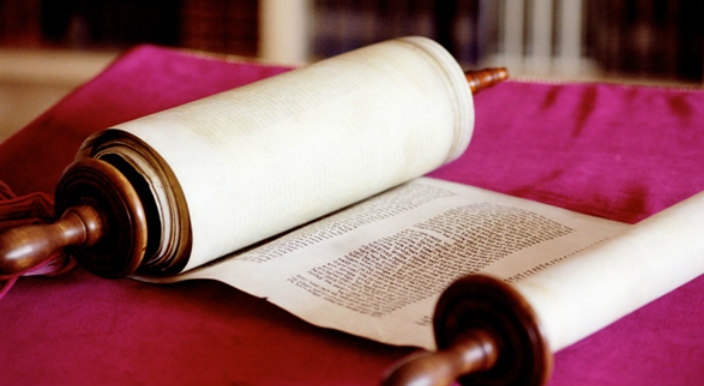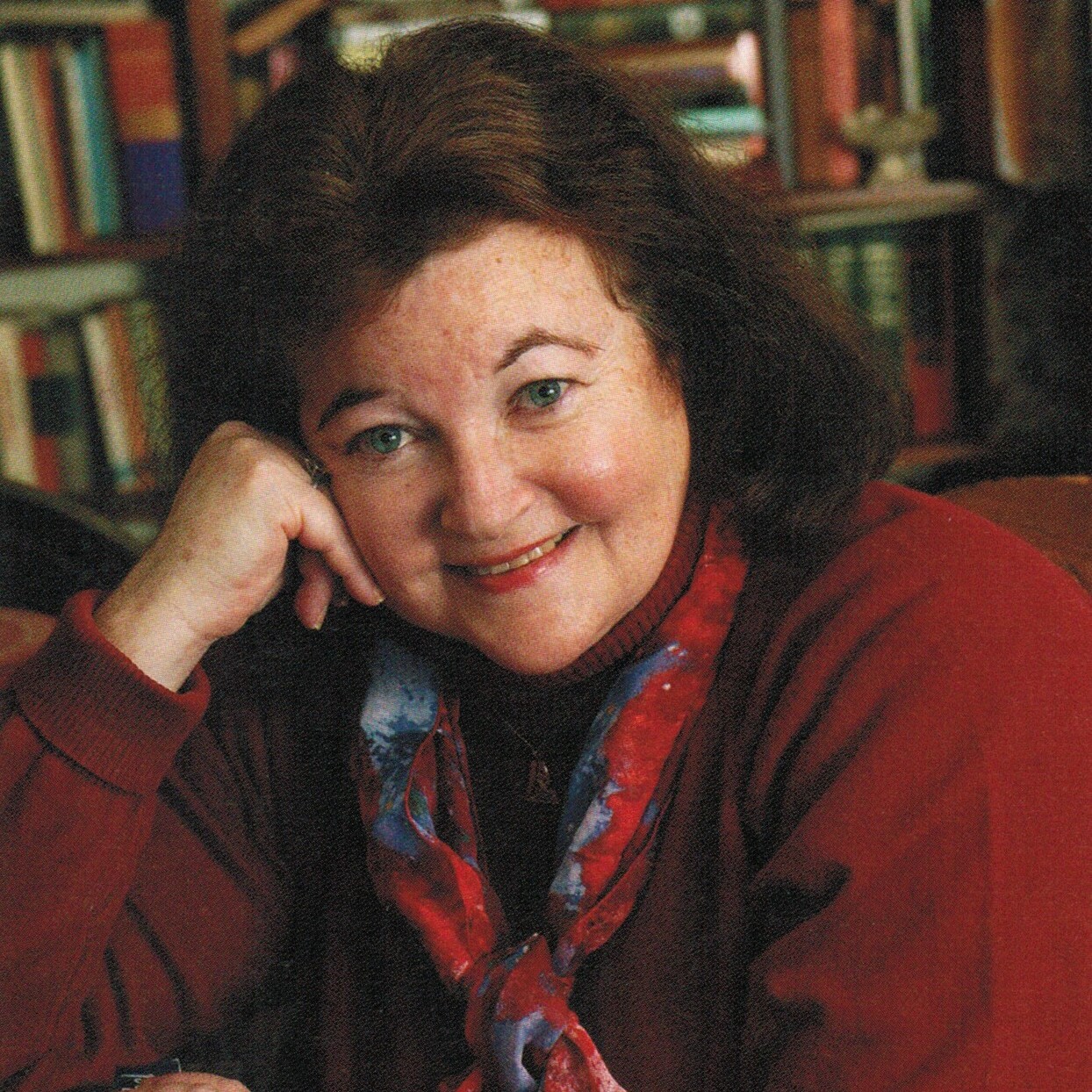
The Torah portion, B'haalot'cha, is a rich and complicated one, full of insight about the people we are and, more importantly, about the people we hope to be. Though the narrative is an ancient one, we see ourselves reflected in the light of those uncertain and perilous days.
The Israelites have left Egypt and are several years into their journey through the wilderness. Attempts to adapt traditional observances and maintain order in strange new lands, with an increasingly anxious population of 600,000, are not always successful. There is the threat of defection, passing of the torch to the next generation, serious concerns about cleanliness, and perhaps the origin of an old Borscht Belt joke:
“The food here is terrible.”
“Yeah, and there’s not enough of it.”
Indeed, the children of Israel complain about their meatless diet; clearly, the connection between vegetarianism and sustainability is not yet well understood.
“Who will feed us meat?” they ask. “We remember the fish that we ate in Egypt free of charge, the cucumbers, the watermelons, the leeks, the onions, and the garlic. But now our bodies are dried out, for there is nothing at all; we have nothing but manna to look at.”
Indeed, they have manna to look at, but we may readily understand their reluctance to actually eat it
Moses, listening to all this himself, and perhaps feeling a little sick on this diet, appeals to God: “If this is the way you treat me, please kill me if I have found favor in your eyes, so that I not see my misfortune.”
For anyone who has ever planned a sisterhood event, such words might have a ringing familiarity. But the words that follow undoubtedly have even greater resonance: “Then the Lord said to Moses, ‘Assemble for Me seventy men of the elders of Israel, whom you know to be the people’s elders and officers. I will come down and speak with you there, and I will increase the spirit that is upon you and bestow it upon them. Then they will bear the burden of the people with you so that you need not bear it alone.’”
We recognize this as both an eternal truth, as well as the practical reality of power and leadership. When power is shared, when it is characterized by service of the people, by the people, and for the people, it becomes a vehicle of influence, with the enduring promise of hope and purpose. We are stronger together. Women of Reform Judaism is the agency of our collective strength and elevates what we do separately in each of our synagogue sisterhoods to what we can do together throughout North America and the world.
And so, like Moses, none of us need to stand alone. We support the mission of WRJ but, just as important, WRJ supports us, each in our own sisterhoods, residing in our separate districts. The legacy we inherit and create for the next generation is an enduring one because we are on this journey together.
In the richness of the text, there is yet another description that stands as a metaphor for the shared work we do and all the women among us who come forward as leaders: “The Lord Spoke to Moses, saying: Speak to Aaron and say to him: ‘When you light the lamps, the seven lamps shall cast their light toward the face of the menorah.’”
The menorah, instantly recognizable as a symbol of our people, has been found scratched in stone on the Greek island of Delos, the site of what some believe to be the first diaspora synagogue, and on a stone altar not far from Rome in an ancient settlement. It is, of course, the most riveting image on the arch of Titus, where visitors to Rome gaze up at it, contemplative, as if looking on the light of some bright and distant star. It is displayed, often in a place of prominence, in every Jewish home.
But we are the lights of the menorah, here and now, carrying the shared responsibility of leadership and endeavoring to shine light on our legacy into our future.
Sharon Sobel is the WRJ Northeast District President and a WRJ Board member. She earned her Ph.D. at Brandeis University, is a Professor of English Language and Literature, and a multi-published author of historical romance novels.
Related Posts

Continuing to Educate and Empower People Together

My Challah-Making Experience


